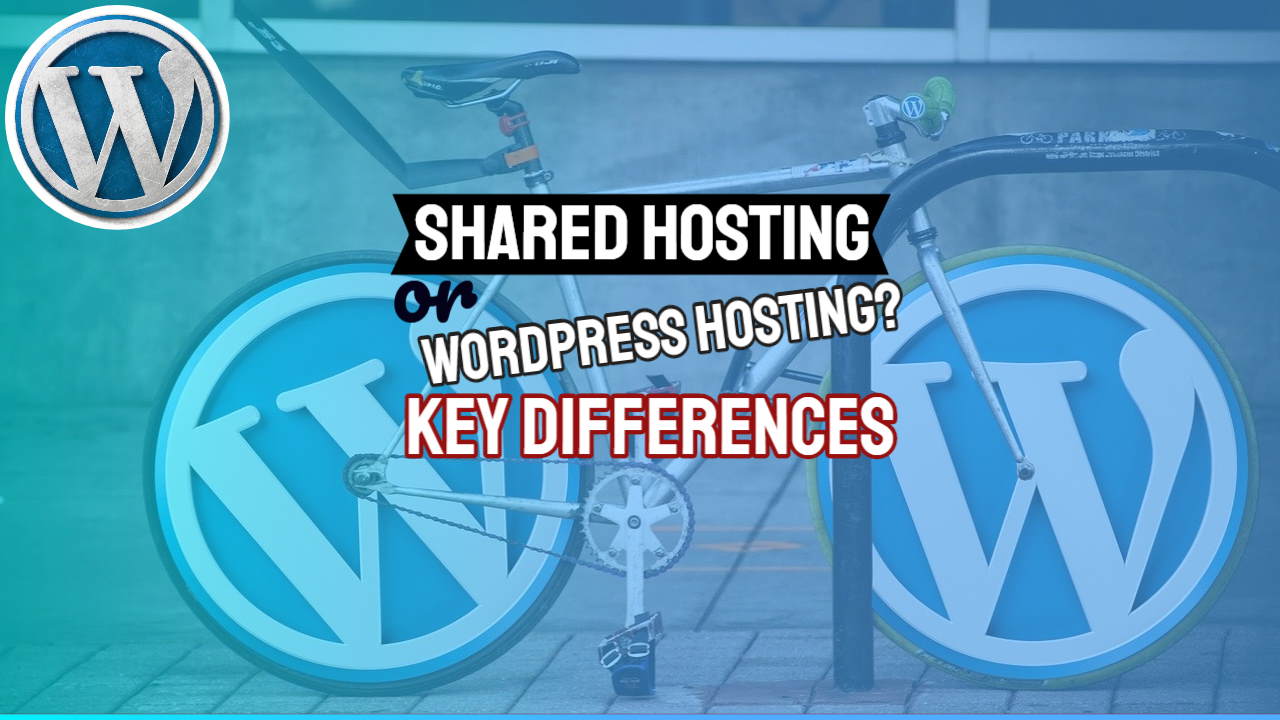Your question of; “What is a Static Website?” is often asked, and is answered here, and that’s not all as we also spill the beans on just how you make a Static Web Page with an example.
On This Page
- The Static Web Page Website Explained
- Background to The Meaning of “Static” When Rendering a Website
- Static Web Site Advantage & Disadvantage
- Articles, tagged with “static website”
- A Discussion on Static and Dynamic Websites
- Benefit of a Website making for a new business
- The Right Time to Re-Design Your Website
- Importance of Quality Content in Website Development
- Dynamic Website Vs Static: Which Is Best For SEO?
- What We Mean by Dynamic or Static Websites
The Static Web Page Website Explained
A static web page (sometimes called a flat page or a stationary page) is a web page that is delivered to the user’s web browser exactly as stored, in contrast to dynamic web pages which are generated by a web application.
Consequently, a static web page displays the same information for all users, from all contexts, subject to modern capabilities of a web server to negotiate content-type or language of the document where such versions are available and the server is configured to do so.
Static web pages are often HTML documents stored as files in the file system and made available by the web server over HTTP (nevertheless URLs ending with “.html” are not always static). However, loose interpretations of the term could include web pages stored in a database, and could even include pages formatted using a template and served through an application server, as long as the page served is unchanging and presented essentially as stored.
Static web pages are suitable for content that never or rarely needs to be updated, though modern web template systems are changing this. Maintaining large numbers of static pages as files can be impractical without automated tools, such as static site generators. Another way to manage static pages is online compiled source code playgrounds, e.g. GatsbyJS and GitHub may be utilized for migrating a WordPress site into static web pages. Any personalization or interactivity has to run client-side, which is restricting.
Background to The Meaning of Static When Rendering a Website
Static Website Definition
A static website contains Web pages with fixed content. Each page is coded in HTML and displays the same information to every visitor. Static sites are the most basic type of website and are the easiest to create. Unlike dynamic websites, they do not require any web programming or database design. A static site can be built by simply creating a few HTML pages and publishing them to a Web server.
Since static Web pages contain fixed code, the content of each page does not change unless it is manually updated by the webmaster. This works well for small websites, but it can make large sites with hundreds or thousands of pages difficult to maintain.
Static Web Site Advantages and Disadvantages
Means it’s fixed and can’t modification unless changes made in source code. A static web site will only show info that’s written into the HTML. Once a web browser requests the particular static web page, a server returns the page to the browser and also the user only gets whatever info is contained within the HTML code.
The advantages of a static website? Here are a few:
- cheaper to develop.
- easier for search engines to index.
- easier to host.
- ideal for small websites.
- faster to transfer on slow connections.
The pages on a static website once created will remain static and cannot be updated or changed without coding skills. That is, if a novice business owner wants to update certain information on his/her static website, he/she would have to get a website developer to perform the needful task.
Time-Saving: The biggest advantage of a static website is that it is quick to develop. A professional web developer can develop a static website much faster than a dynamic one. Unlike a dynamic website, static websites are cheaper to develop. They are apt for businesses working on a shoestring budget.
Static websites can get dedicated servers at a cheaper price and that too with much ease so an advantage of status here is the inexpensive website hosting. Similarly, easy indexing comes with that static website. Search engines like Google, Bing etc., can easily index a static website as they are just a series of coded HTML or CSS files.
But the following disadvantages of static webpages and ultimately, whole websites is that static sites are costly to update or change. The website hosting and maintenance costs are too high if you have a greater no. of pages on the website which are static and stored at the webserver. It is very slow to design and develop.
It is laborious to keep it up-to-date. The other disadvantage is that as a site owner, you cannot change or add content or make any modification without having knowledge of HTML and other programming languages on which your website is built. The second main problem is flexibility. If you wish to sell products on your website and you have a lot of them, then you may have to construct or develop individual pages for each one, which can take huge time, effort and cost. Static site generators are also often overlooked due to their often-unfriendly installation process and lack of a user interface.
Yet, despite these issues, in some instances, an SSG (static site generator) can be better suited for your project than a CMS, or when a CMS may be overkill.
Articles, tagged with “static website”
Dynamic websites are much more efficient than static websites for large sites that contain numerous pages, news articles and/or products. Example of static vs. Dynamic code. In the example above, outlined in green is the section of code that has an effect on the respective date area in the final result.
A dynamic website is one that changes or customizes itself frequently and automatically. Server-side dynamic pages are generated “on the fly” by computer code that produces the HTML (CSS are responsible for appearance and thus, are static files).
A Discussion on Static and Dynamic Websites
It’s hard to have a discussion on static websites without comparing them to dynamic sites – especially given the prevalence of dynamic sites – I’ll try to constrain my focus to the benefits that you leverage by developing websites using a static methodology.
Most websites are a mix of static and dynamic content. A dynamically generated search request, for instance, may appear side by side with static sidebars, headers, and footers. For the sake of this discussion, though, we’re going to focus on websites that are “static first”.
Benefit a Website Can Make for a New Business
Businesses also find making simple changes to the call to action can be of benefit, thus the focus should never be solely on the animated or static website banner conversion rate.
The Right Time to Re-Design Your Website
The traditional web designing model is also time-consuming. It required you to find out the latest technology and include them in your website all at one go. It would also mean loads of prospects missed as most parts of your site would be out of bounds due to work on the new site.
Developing basic layouts and designing a website takes time. Web app testing is a tedious and time-consuming process as well as prone to errors. Basic web development decisions depend on the developer, which slows down the release.
No, not at all. It doesn’t matter if your site is dynamic or static—the design can still be the same. By simplifying the development process, more time and money can be allocated to the actual design of the website.
Importance of Quality Content in Website Development
For small websites, a fixed (static) website works fine. But for any website to be ranked higher among the competitors should have been built up with strong and quality content. The following are considered to be the importance of a high-quality relevant content on a website.
Dynamic Website Vs Static: Which Is Best For SEO?
if any website isn’t brought up to date constantly it will wither and eventually die, as they do so they would damage your SEO in the process. Several factors can improve your site’s usability, starting with the type of website itself. Whether your site is static or dynamic can have a big impact on your user experience and your SEO.
We are convinced that static websites will become commonplace shortly. In the meantime, it’s super easy to beat a bloated dynamic website at the SEO-game using a static one: now is the time to play!
Unlike static websites, dynamic websites are built-in real-time and are programmed to be responsive. Easy to target multiple keywords for SEO – as dynamic websites allow quick updates, the website operator can quickly change its list of target keywords to achieve the desired SEO results.
What We Mean by Dynamic or Static Websites
Gatsby takes markdown and other static data sources and turns them into dynamic blogs and websites using “reactjs”. By supporting the component-driven development model of React, Gatsby is able to re-use components across a site, adding consistency and speed.
While larger websites require frequent updates and hence cms is the best choice. There are numerous static websites available on the internet. It’s easy to distinguish a static and a dynamic website.
Budget for coders to cure bugs that arise during development. At first you ought to look into this aspect so as to fix on the right solution that fits your budget seeing that a dynamic website costs a lot more than the static websites. Are you still with me? Hopefully, I haven’t lost you already. In a sense, every website that you see in your browser is static. But despite this, a considerable share of all websites online are actually so-called “dynamic” websites. The results we observe are consistent with our experimentations. Dynamic websites are prone to be stuffed with unnecessary scripts and bloated. While the cleaned version of the NYT we analysed is still not a static website, it gives us a peek of what an optimized and lightweight NYT website might look like.
That’s where dynamic website design comes in. Static and dynamic web design both come with pros and cons, but dynamic web design comes out on top. Here’s a primer on dynamic web design: what it is, how it differs from static web design, and what makes it so worth the investment.
The post What is a Static Website? and How to Make a Static Web Page With an Example appeared first on GQ Central.




Recent Comments